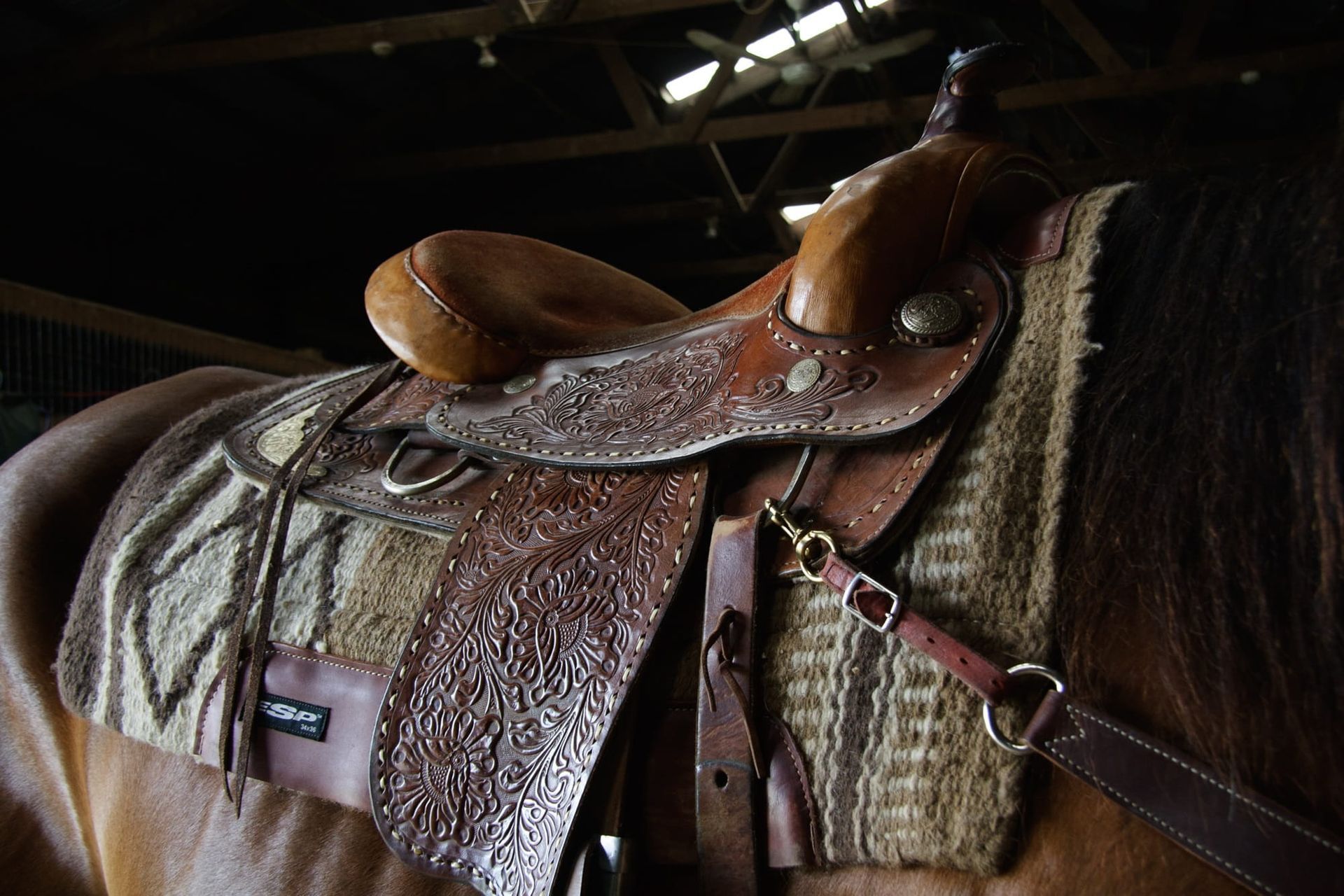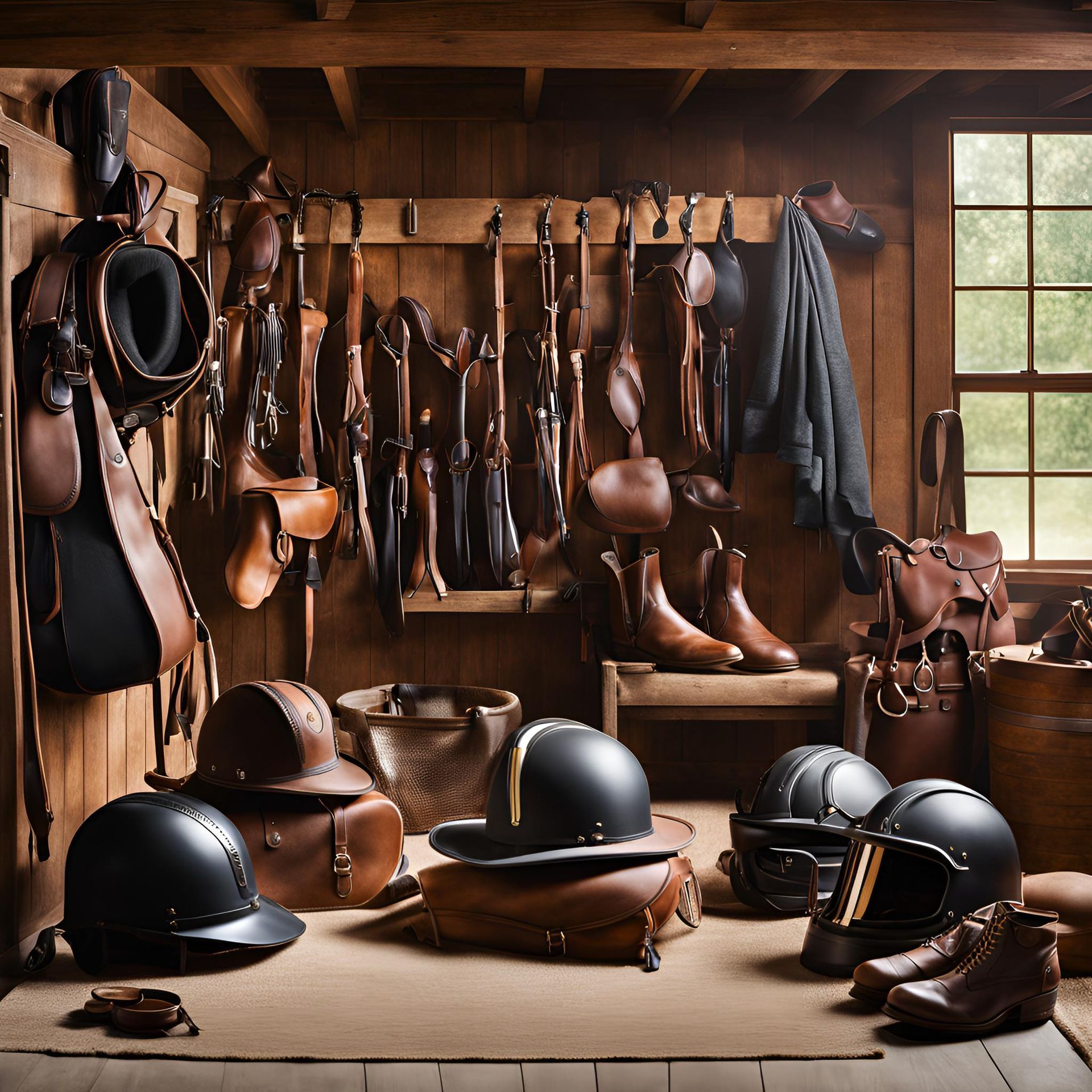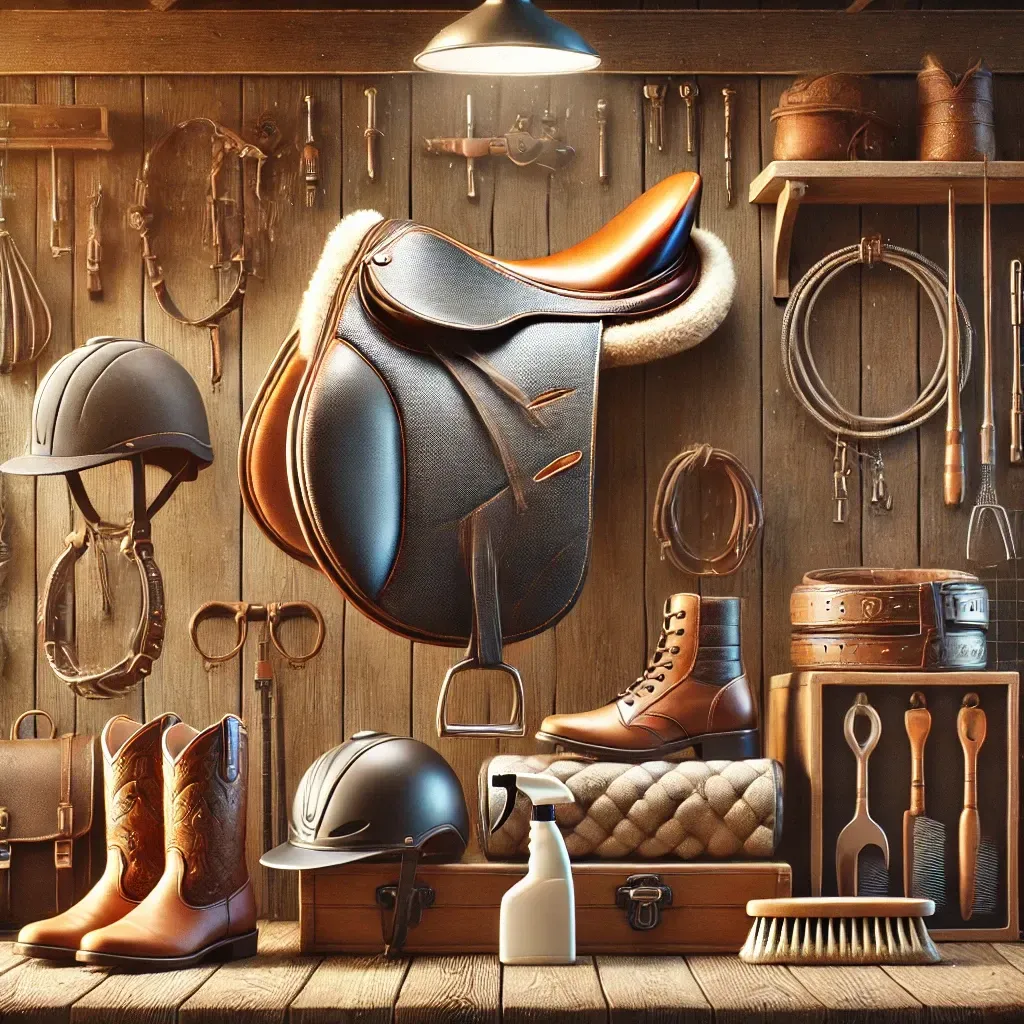The Complete Guide to Horse Care: Keeping Your Equine Companion Happy and Healthy

Introduction
Horses have been our faithful companions for centuries, serving as work animals, sport partners, and beloved pets. Their grace and beauty captivate us, making them a symbol of freedom and power. Whether you're an experienced equestrian or a newcomer to the world of horse care, it's essential to understand the fundamentals of keeping these majestic creatures happy and healthy. In this comprehensive guide, we'll explore the key aspects of horse care, from nutrition and grooming to stable management and exercise.
Nutrition
Just like humans, horses require a balanced diet to thrive. Proper nutrition is vital for their overall health and well-being. Here are some essential considerations:
- Forage: The foundation of a horse's diet is forage, such as hay or pasture. Make sure the forage is clean, free from mold, and appropriate for your horse's age and activity level.
- Concentrates: Grain mixes and pellets can provide additional energy and nutrients. Consult with a veterinarian or equine nutritionist to determine the right balance for your horse.
- Freshwater: Horses need access to clean, fresh water at all times. Ensure that water troughs or buckets are regularly cleaned and free from contaminants.
- Supplements: Some horses may require supplements to address specific nutritional deficiencies, but consult with a professional before adding them to your horse's diet.
Shelter and Stable Management
Providing suitable shelter is essential for protecting your horse from the elements. Proper stable management is crucial for their comfort:
- Stalls: Keep stalls clean and well-ventilated. Bedding should be soft and dry, such as straw or shavings. Regularly muck out stalls to prevent the buildup of waste.
- Turnout: Horses need regular turnout in a safe and secure pasture or paddock. Adequate exercise and social interaction are essential for their mental and physical health.
- Pest Control: Implement measures to control flies, ticks, and other pests that can bother your horse. Fly masks and fly repellent can be helpful.
- Grooming: Regular grooming not only keeps your horse looking good but also promotes circulation and helps identify any health issues.
Healthcare
Maintaining your horse's health requires regular veterinary care:
- Vaccinations: Stay up-to-date with vaccinations to protect against common diseases like tetanus, rabies, and influenza.
- Dental Care: Horses' teeth grow continuously and can develop sharp points or other issues. Schedule regular dental check-ups and floats to ensure proper chewing.
- Hoof Care: Regular farrier visits are essential for hoof health. Trimming and shoeing keep your horse's hooves in good condition.
- Parasite Control: Implement a deworming program tailored to your horse's needs to control internal parasites.
Exercise and Training
Horses are born to move, and regular exercise is essential for their physical and mental well-being:
- Riding: Depending on your horse's age and training level, engage in regular riding sessions to maintain fitness and build a bond with your horse.
- Variety: Mix up your horse's routine with activities like trail riding, jumping, or dressage to keep them mentally stimulated.
- Social Interaction: Horses are social animals and benefit from interaction with other equines. If possible, provide opportunities for your horse to socialize.
Conclusion
Caring for a horse is a rewarding responsibility that requires dedication and knowledge. By providing proper nutrition, shelter, healthcare, and exercise, you can ensure your equine companion lives a happy and healthy life. Remember that each horse is unique, so consult with professionals like veterinarians and equine nutritionists to create a customized care plan tailored to your horse's specific needs. With the right care, your horse will be a loyal friend and partner for years to come.











